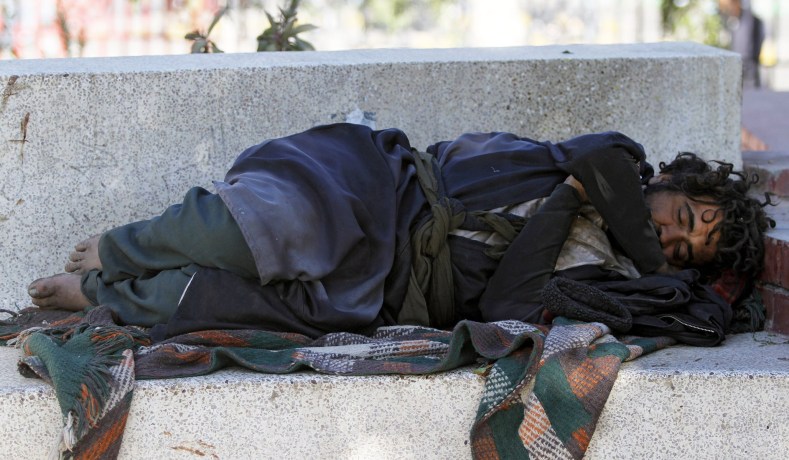
The city of Boise, Idaho is preparing for the 2020 U.S. Census, which federal officials plan to conduct in early April. Boise has a large homeless population — a significant percentage of whom are seriously mentally ill — and the Idaho Press described the challenges that presents for the city as it prepares for the census:
If a person is not counted on either March 30 or 31, they still have a chance. On April 1, U.S. Census workers will go out to several locations where those experiencing homelessness will gather to be surveyed. Maureen Brewer, Boise’s administrator for the Our Path Home program, said she provided a list of locations with detailed instructions for where to find residents.
This is similar to the annual process to count those experiencing homelessness on a single night to report back to the federal government, called the Point In Time count. However, one issue Brewer is concerned about is that census workers will not have a relationship with those experiencing homelessness like social workers or other volunteers who often conduct the PIT count do.
“Especially when it’s someone approaching you with a clipboard, they’re thinking, ‘Why are you asking me this information?’” she said. “There’s a lot of folks experiencing unsheltered homelessness that have untreated or undiagnosed mental health disorders and they’re living and experiencing complex trauma, so the last thing some of them care about is the importance of being counted. And we need to let them know it’s no black mark against you and it won’t have any negative consequence.”
The results of 2020 census vis-á-vis the homeless population will provide an interesting data-point in the discussion about the effect of the Ninth Circuit’s ruling in Martin v. Boise. The court declared that a municipal law, which proscribed sleeping on city property, was unconstitutional if the city had no alternative shelter available for the homeless. The Supreme Court has not granted writ of certiorari to appellants of the circuit court’s ruling, which allows the Ninth Circuit’s tenuous interpretation of the Eighth Amendment to stand unchallenged.
A real crisis precipitated the Ninth Circuit proceedings. In January 2019, Boise’s point-in-time homeless count was 713, a substantial number for a relatively small city (about 229,000 people). It will be interesting to see what, if any, impact the court’s holding Martin v. Boise has on the size of the homeless population, as it effectively neuters the ability of law enforcement to execute public-order statutes.
Of perhaps greater significance to the forthcoming census figure is the state’s mental-health infrastructure. As Maureen Brewer told the Idaho Press, a disproportionate share of Boise’s homeless experience serious mental illness; municipal officials estimate that 27.9 percent of the city’s homeless have a serious mental illness, compared with 4.6 percent of all adults nationally.
The number of public psychiatric hospital beds in the state of Idaho — which increased from 155 in 2010 to 174 in 2016 — still remains below the per capita minimum recommended by psychiatric professionals, a shortage which will continue to exacerbate the homelessness crisis unless rectified.


